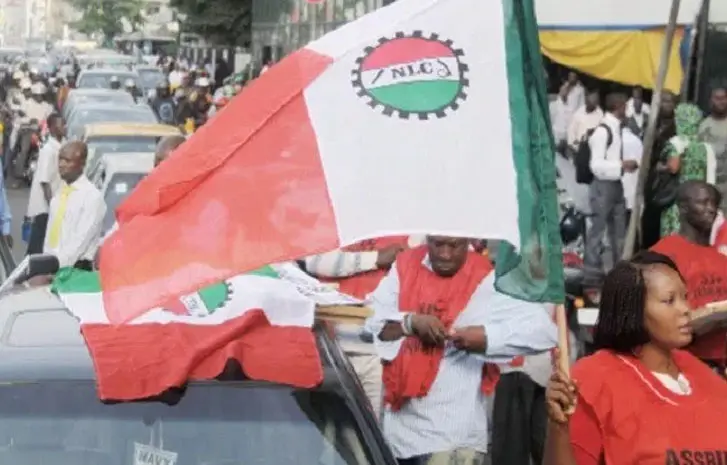A major step to protect the legality of the general strike called by the Nigeria Labour Congress, was taken Last Friday, when the Chief Judge of Abuja ruled that the strike action was not a violation of the laws of the land. The landmark decision has therefore cleared the ground for what might turn out to be one of the most important strike in recent Nigeria history.
Stripped of all subterfuge, what is unfolding before the eves of all Nigerians is an epic battle between a government that is in theory, democratic and therefore based upon the will of the people, but which has decided to implement economic policies that hurt the people very painfully, while also whittling away at the sovereignty of the country, because of its systematic surrender to foreign economic interests.
Poised against the government, is the Nigeria Labour congress, which in the past four to five years especially, has come to aggregate the feelings of Nigerian civil society as the people groan under the pains inflicted by the government of General Olusegun Obasanjo, whose commitment to his deeply unpopular economic programs, has alienated government almost irretrivably from the Nigerian people.
Of course this broad canvas that we have painted must be brought down to the immediate issues at hand, these are the controversial fuel levy of N1.50k which Obasanjo’s government began collecting through oil marketers since the beginning of the new year, and the much more difficult issue of increment in the pump price of petroleum which has led to the emergence of different pricing regimes all over the country. The net effect being that in real terms, we have lost the country as one economic unit; the different prices of petroleum products has reflected in the deepening of structural problems in the economy and a furtherance of the misery of the Nigerian people. It is the interests built around the importation of petroleum products that have continued to smile to the bank.
It is clear that despite all the laboured efforts by presidential aides to explain the processes involved in Obasanjo’s economic reforms, their consequences upon the lives of Nigerians, the arrogant insistence that there can be no alternatives to the process and the incongruence in official declarations and official livelihood styles, all make the current anger of the Nigerian people against the Obasanjo government so deep-seated. This is the background against which the January 21 strike called by the Nigeria Labour Congress, will be prosecuted.
A point to ponder is that civil society groups and human rights organisations have intensified mobilisation to ensure success for the strike, warn many individuals and organisations see as an opportunity to get even with President Obasanjo who many hold directly responsible for the economic policies inflicting so much hardship on them, and whose personal attitude to issues of governance is seen as very unsympathetic to the people.
It is nevertheless important to point out that it is not too late for the government of President Obasanio to find an acceptable median point of agreement with the NLC and the Nigerian people, to avert the strike. It would call for the greatest display of statesmanship on the part of President Obasanjo to accept to compromise without necessarily being seen to be weak.
The process of democracy is not served by a hardline posturing which has often been adopted by the president, an old general who will not contemplate the loss of a battle. It is a process of dialogue which helps to build a consensus for the betterment of the society, on an incremental basis. It is upon such a platform that the confidence of the people can be won and sustained by the government of the day.
So before the strike commences on January 21st , it will be very important for the two sides involved to find a resolve to sort out the issues that led to the present impasse. From our reading of the situation, the strike is likely to cost the economy a great deal in real terms, and it is a cost that will not redound to the benefit of all Nigerians.


